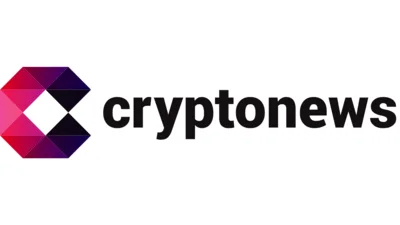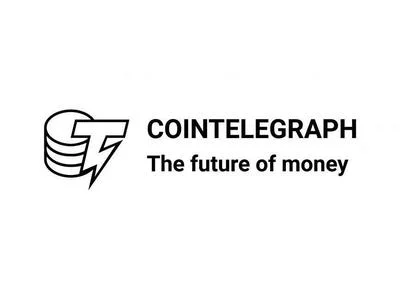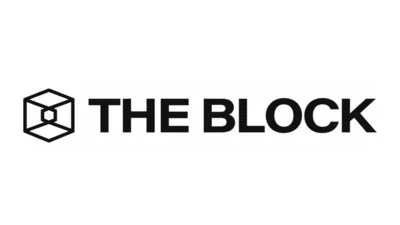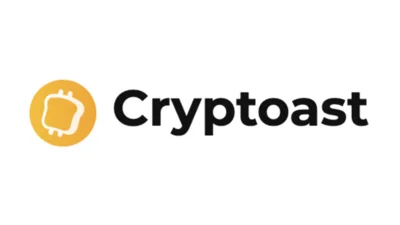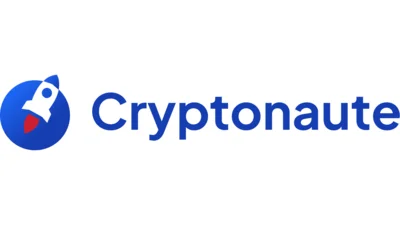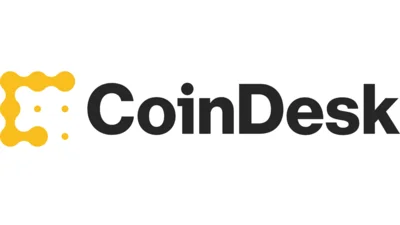France implemented a regulatory framework for digital assets in 2019 through the PACTE law, which established its financial regulator, the AMF, as the supervisory authority of virtual tokens and digital asset service providers (DASP). This regulatory clarity has attracted crypto companies and investors to the country.
In contrast, the United States is still grappling with regulatory debates and uncertainty. Lawmakers have introduced various bills aimed at regulating the crypto industry, with different bills focusing on stablecoins, anti-money laundering, self-custody protections, and market structure. Additionally, policymakers are debating whether digital assets should be under the authority of the Securities and Exchange Commission (SEC) or the Commodity Futures Trading Commission (CFTC).
In September, Ripple CEO Brad Garlinghouse announced that the company would do 80% of its hiring in other countries due to the regulatory uncertainty in the U.S.
American venture capitalists (VCs) are pulling back from the crypto industry amidst regulatory uncertainty, but Web3 and crypto funding in France remain strong, Timsit said. France was home to 32 “unicorn” tech companies, or private companies with valuations of at least $1 billion, as of March, and blockchain projects in France have raised at least $1.3 billion in funding since 2017. The Web3 industry has seen support from government agencies, with France’s Ministry of Culture dedicating $150 million to the promotion of “French cultural sovereignty” in digital environments. “All of these investments speak volumes of the tenacity of France’s capital markets – even amidst a crypto winter, it has remained resilient and abundant,” Timsit said.
Changpeng Zhao (CZ), the CEO and founder of Binance, the largest crypto exchange in the world by trading volume, has praised France’s regulatory approach to crypto, stating that the regulations help to prevent illicit activity like money laundering, according to a Binance blog post. “Effective regulation is essential for the mainstream adoption of cryptocurrency,” CZ said. “The French DASP and AML/CFT regulations put in place stringent anti-money laundering and fit and proper requirements to meet the high standards necessary to be regulated in France.” The AMF granted Binance a DASP registration in May 2022.
The positive regulatory environment in France has also led to an increase in the number of people holding or trading cryptocurrencies in the country. According to Statista, the number of cryptocurrency users in France grew from approximately 2.57 million at the end of 2021 to approximately 3.76 million at the end of 2022.
 Alerts Sign-up
Alerts Sign-up
